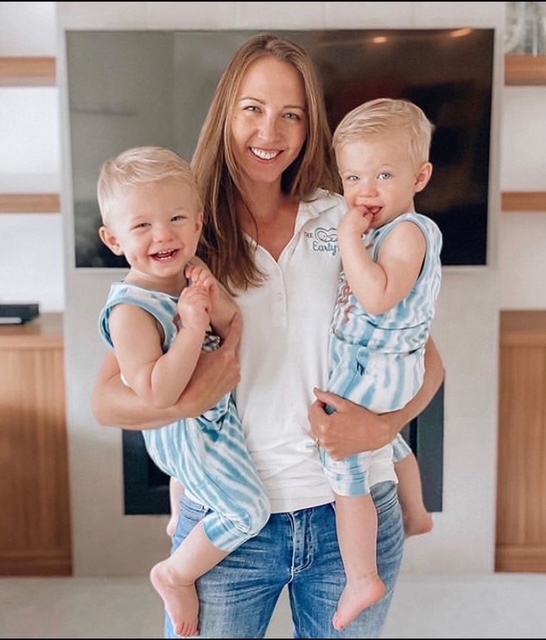Sleep training can be a difficult process regardless of how your baby gets their primary source of calories. Whether breastfed or bottle fed, your baby will have a unique set of circumstances and attributes that will determine how you will sleep train them. In today’s article, we’re going over tips and tricks specifically for how to sleep train a baby who is actively breastfeeding. If you have any experiences with this or want to share your own tips, please don’t hesitate to comment below on this article or to reach out to us on social media! We can’t wait to hear about you and your baby.
Understanding Sleep Training
When you are sleep training, you are teaching or coaching your baby to regularly fall asleep independently and giving them the tools to self-soothe when they do wake up during the night.
Unique Challenges With Breastfed Babies
Making sure your baby has a full belly and is satiated (hunger wise) before putting them down to sleep can be much easier when you are bottle feeding. With a bottle, you know to the ounce how much your baby has had and how much they typically need for each meal. While breastfeeding has a host of other tertiary benefits, it is difficult to know exactly how much your baby has fed in terms of volume. If your baby is waking up at night more often than you feel is appropriate, check out this blog article that can show you tips for determining if the night wakings are due to hunger or habit. Understanding how satiated your baby is and whether they are waking due to hunger or habit is crucial to understand when planning to implement any sleep changes.
The Top Three Most Common Sleep Training Methods
The Gradual Interval Soothing (AKA The Ferber Method)
This method involves allowing your child to cry for a brief time after putting them down to sleep. You will gradually increase the time between the first cry and when you eventually physically soothe them until you aren’t “needed” anymore for them to go back to sleep. Tips: put baby down while they are drowsy, but not fully asleep. If/when they cry or fuss, delay rushing them for a minute or two to start, then gradually increase that time until they learn to fall back asleep on their own.
Age Appropriate: 5 to 12 months of age. Due to brain development around the 4 month mark, I advise against using this method when you are not working with a professional prior to 5 months of age. Some babies are better suited to wait until 6 months.
The Chair Method
This is a great method for parents who can work from their phones so they can multitask while baby is sleep training. Set a chair next to their crib and provide reassurance and comfort for your baby each night as they need it, but slowly move the chair farther and farther away each night until you are fully out of the room.
Age Appropriate: 4 to 7 or 8 months
The “No Tears” Approach
On the more gentler side of things, this approach involves gradually reducing the amount of physical contact needed to rock your baby asleep each night. Start by nursing and/or rocking your baby to the point where they are very drowsy but not fully asleep. Put them in their crib and stay until they fall asleep and then leave the room. Each night, gradually decrease the amount of time you spend rocking them before putting them down. This will get them into the habit of putting themselves to sleep with less and less interaction from you.
Age appropriate: You can begin to reduce how much contact and soothing you are helping with around the 3-4 month mark.
Before You Go
We hope you enjoyed learning about tips for sleep training breastfed babies. If you would like to know more about this, our sleep learning, consulting or training programs or any of our excellent newborn care services, let us know. Just contact us and we can go over your options and help you find the best path for your little one. Best of luck to you and your little one.
About The Author: 💤Katie Bishop | The Early Weeks 💤
✅ Certified Master Pediatric Sleep Consultant
✅ Board Certified Holistic Healthcare Practitioner
✅ Advanced Newborn Care Specialist

![]()
